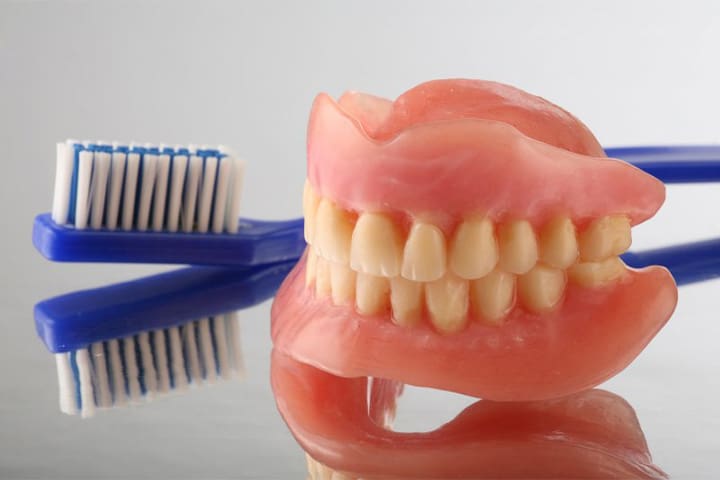Cavities are one of the most common dental problems affecting adults and children. Though they are often considered minor, cavities can lead to more severe health concerns if not treated.
It’s no secret that cavities are a big problem and can cause pain. But what are they, and how can you prevent and treat them? This article will discuss cavities, how to avoid them, and how to treat them if they occur.
Who Can Get Cavities?
The majority of Americans will have at least one cavity by the time they reach their mid-30s. Besides, holes are one of the most common chronic diseases, affecting people of all ages.
Cavities happen more often in children because they may not brush properly and consume more sugary foods and drinks. However, tooth decay can happen to people of any age.
Cavities aren’t just a kids’ problem. New decay can form around the edges of fillings from childhood, and our gums can recede as we age. As a result, this exposes the tooth, making it more vulnerable to cavities.
What Are the Types of Cavities?
Tooth decay affects every layer of the tooth, including the enamel (the hard, outer layer) and the dentin (the middle layer), followed by the pulp (the innermost layer, which contains the nerve endings and blood supply). There are different types of tooth decay, depending on which layer of the tooth is affected.
How to Know If You Have Cavities?
Cavities don’t usually cause pain or symptoms when they first form on the outer enamel surface of teeth. But as cavities progress and affect the dentin and root beneath the enamel, you’re more likely to have symptoms. Signs of cavities include:
- Bad breath or a bad taste in your mouth.
- Gums that bleed or are otherwise inflamed.
- Redness around or inside your mouth.
- Sensitivity to hot or cold temperatures.
- Swelling around your face.
- Toothache or mouth pain.
If you have any of the symptoms above, you may need to do one of the following:
- Use Fluoride: Fluoride can help to reverse tooth decay when it is caught early. This is called remineralization, and it can be done with prescription toothpaste, mouthwash, and fluoride treatments at the dentist.
- Undergo Root Canal: A root canal is a procedure that helps to relieve pain caused by decay in the tooth roots. Endodontists treat problems like this as they remove the pulp that contains nerve endings.
- Receive Tooth Filling: Dentists drill out decayed material and fill holes in teeth with silver amalgam, composite resin, or gold.
- Undergo Tooth Extraction: If a root canal isn’t an option, your healthcare provider may have to extract the tooth. One way to fill the space is through a dental implant to replace a pulled permanent tooth.
How to Prevent Cavities?
Simply brushing and flossing regularly helps remove plaque and acids that cause cavities. Some prevention solutions include:
- Brushing your teeth with a fluoride toothpaste at least twice a day and after every meal if possible.
- Floss daily to remove food and plaque from between your teeth.
- Having a dental checkup receive dental cleaning treatments twice a year is the best way to catch cavities early.
- Reducing the amount of sugary, starchy foods and drinks you consume.
Conclusion
Cavities are not just a child’s problem; they affect people of all ages. Fortunately, several ways are recommended to prevent and treat them, and most cavities can be reversed if caught early.
Make a regular habit of brushing and flossing your teeth, schedule regular checkups, and receive dental cleanings in Newton from our dental experts!. If you think you have a cavity, our dentists can repair it at the earliest stage possible to reduce the chances of it recurring.
Contact us today!








